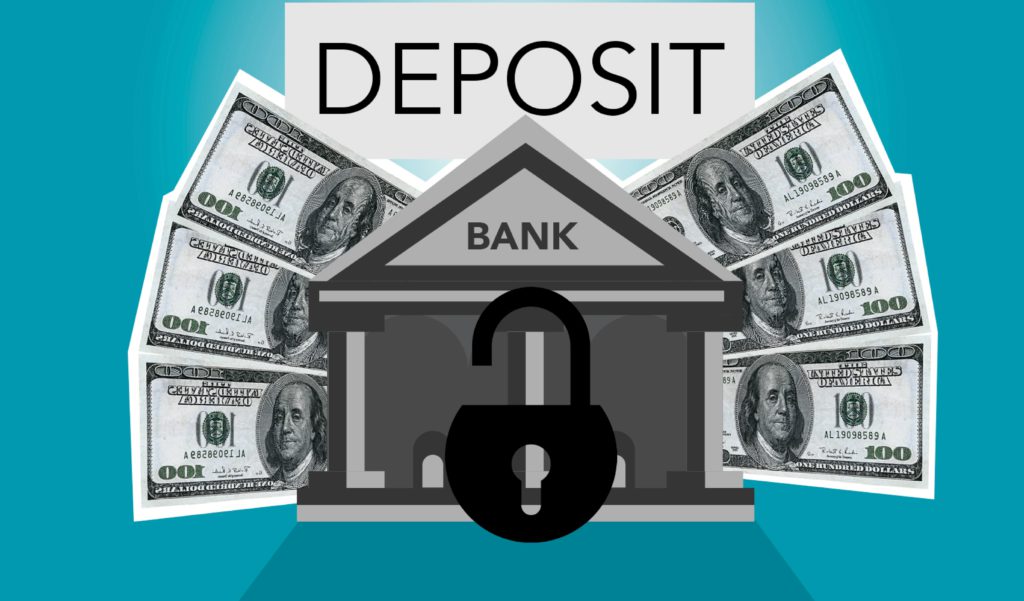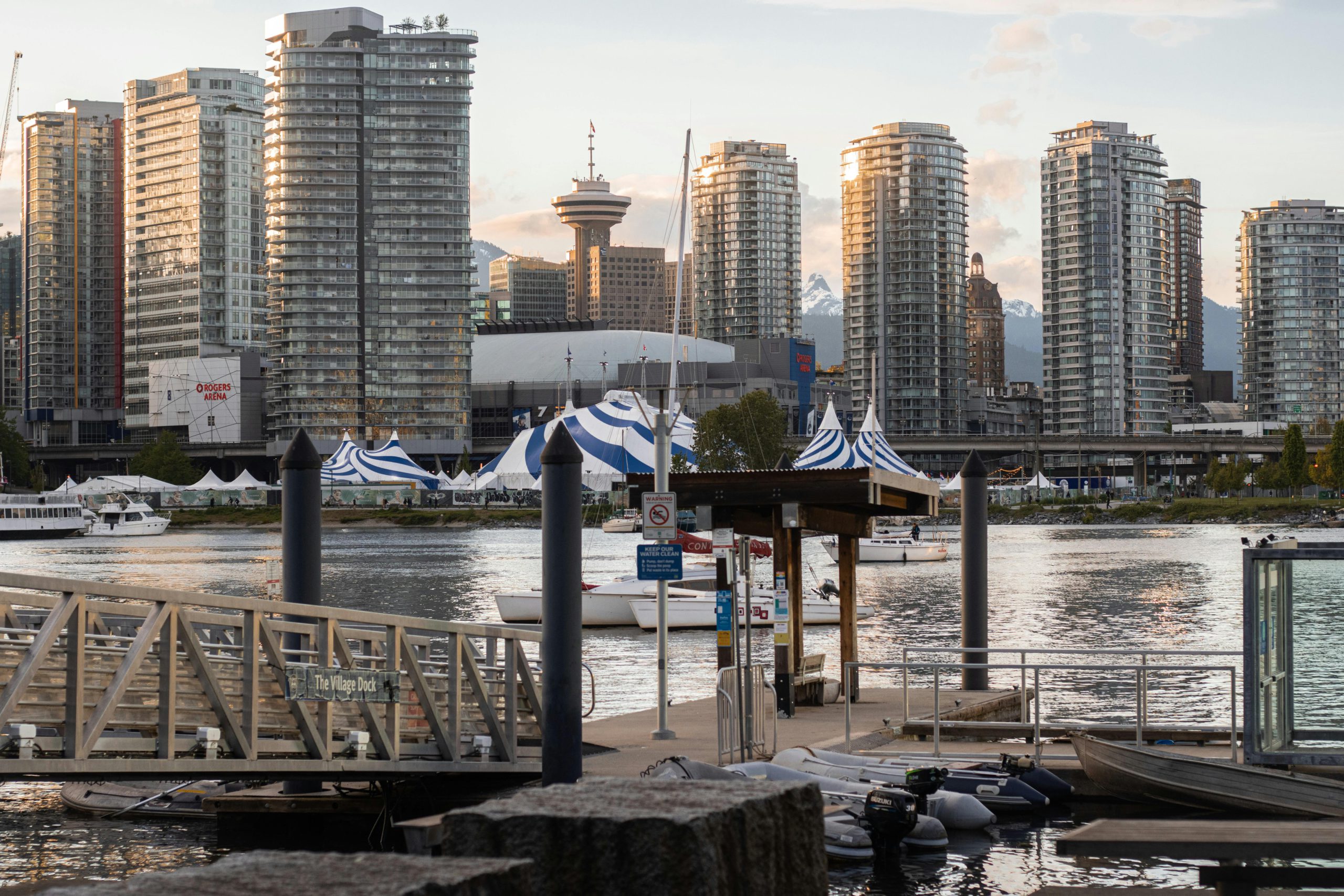1. Understanding Lease Duration
Standard lease lengths in Vancouver

In Vancouver, the most common lease length is one year. This provides stability for both tenants and landlords. However, other durations are possible, depending on the agreement between parties.
Month-to-month vs. fixed-term leases
Fixed-term leases offer certainty for a set period, while month-to-month leases provide flexibility. The choice depends on individual circumstances and preferences.
Implications of breaking a lease early
Breaking a lease early can result in financial penalties. Tenants may be responsible for rent until a new tenant is found or the lease term ends, whichever comes first.
2. Rent Increases and Regulations

Annual allowable rent increase limits
Vancouver follows provincial regulations on rent increases. The allowable increase is set annually by the government and is typically tied to inflation.
Notice requirements for rent increases
Landlords must provide tenants with three months’ written notice before implementing a rent increase. This gives tenants time to prepare or seek alternative arrangements if needed.
Exceptions to rent control rules
Certain properties, such as newer buildings or those with significant renovations, may be exempt from rent control rules. It’s important to verify the status of your rental unit.
3. Security Deposits and Pet Deposits

Maximum allowable deposit amounts
In Vancouver, security deposits are limited to half a month’s rent. This protects tenants from excessive upfront costs.
Rules for returning deposits
Landlords must return deposits within 15 days of the tenancy end date, unless they have the tenant’s written consent or an order from the Residential Tenancy Branch to retain it.
Additional deposits for pet-friendly rentals
For pet-friendly rentals, landlords can charge an additional pet deposit, not exceeding half a month’s rent. This is separate from the security deposit.
4. Maintenance and Repairs Responsibilities

Landlord’s obligations for property upkeep
Landlords are responsible for maintaining the property in a state of reasonable repair, suitable for occupation. This includes structural elements, plumbing, and electrical systems.
Tenant’s responsibilities for minor repairs
Tenants are typically responsible for minor maintenance, such as changing light bulbs or batteries in smoke detectors. They should also report any issues promptly to the landlord.
Emergency repair procedures
For urgent issues that affect health or safety, tenants should attempt to contact the landlord. If unsuccessful, they may arrange for repairs and seek reimbursement, following specific procedures.
5. Subletting and Assignment Policies

Rights to sublet or assign a lease
Tenants generally have the right to sublet or assign their lease, but must obtain the landlord’s written consent first. This consent cannot be unreasonably withheld.
Required procedures for subletting
To sublet, tenants should provide written notice to the landlord, including details about the potential subtenant. The landlord has the right to screen subtenants as they would any new tenant.
Landlord’s grounds for refusal
Landlords can refuse subletting requests if they have reasonable grounds, such as concerns about the subtenant’s ability to pay rent or follow tenancy rules.
6. Privacy and Landlord Access

Except in emergencies, landlords must provide 24 hours’ written notice before entering a rental unit. The notice should specify a time between 8 am and 9 pm.
Notice requirements for landlord entry
Restrictions on landlord visits
Landlords cannot enter the rental unit excessively or unreasonably, even with proper notice. This protects the tenant’s right to quiet enjoyment of their home.
Tenant’s right to quiet enjoyment
Tenants have the right to reasonable privacy and freedom from disturbance. This includes protection from excessive noise, unreasonable disturbances, or harassment from the landlord or other tenants.
7. Lease Termination and Eviction Processes

Valid reasons for eviction in Vancouver
Valid reasons for eviction include non-payment of rent, causing excessive damage, or engaging in illegal activities on the property. Landlords must follow proper procedures for eviction.
Notice periods for different termination scenarios
Notice periods vary depending on the reason for termination. For example, non-payment of rent requires 10 days’ notice, while landlord’s use of property typically requires two months’ notice.
Tenant’s rights during eviction proceedings
Tenants have the right to dispute an eviction notice through the Residential Tenancy Branch. As long as they continue to pay rent, they can remain in the unit until a decision is made.











